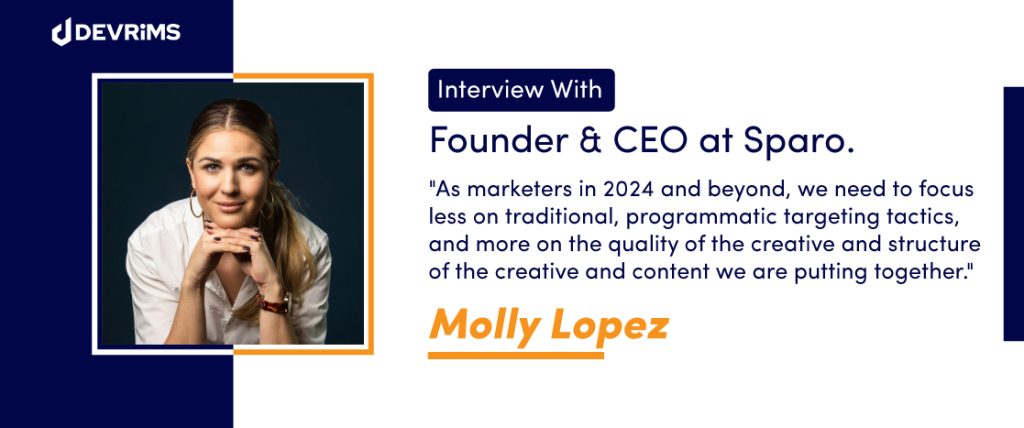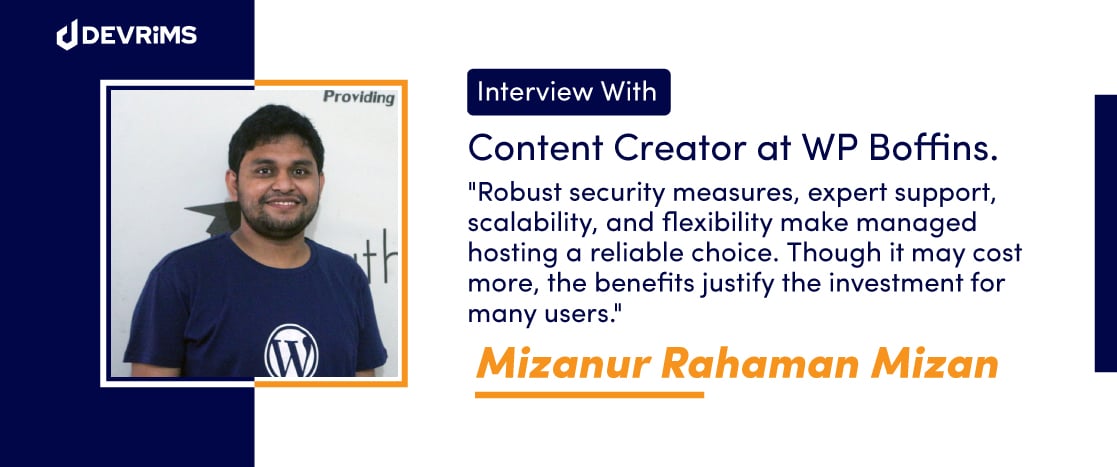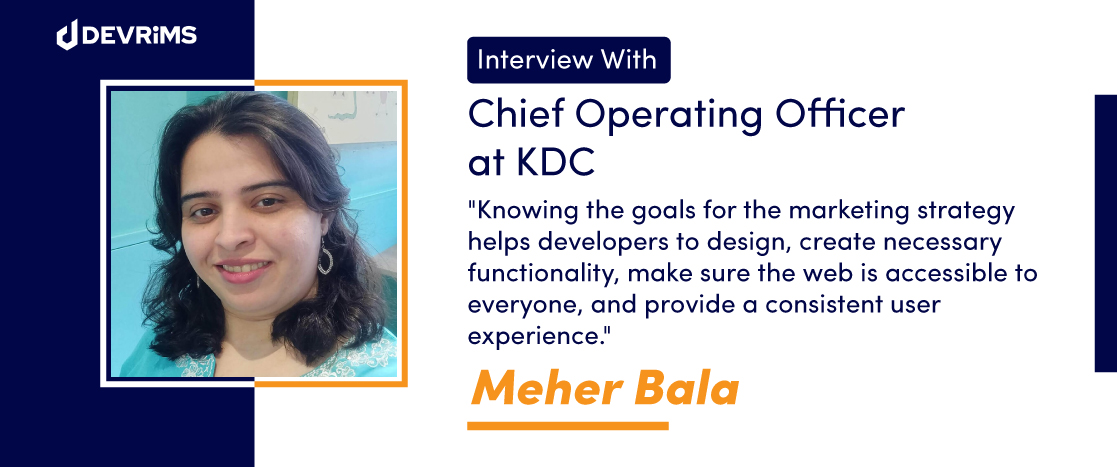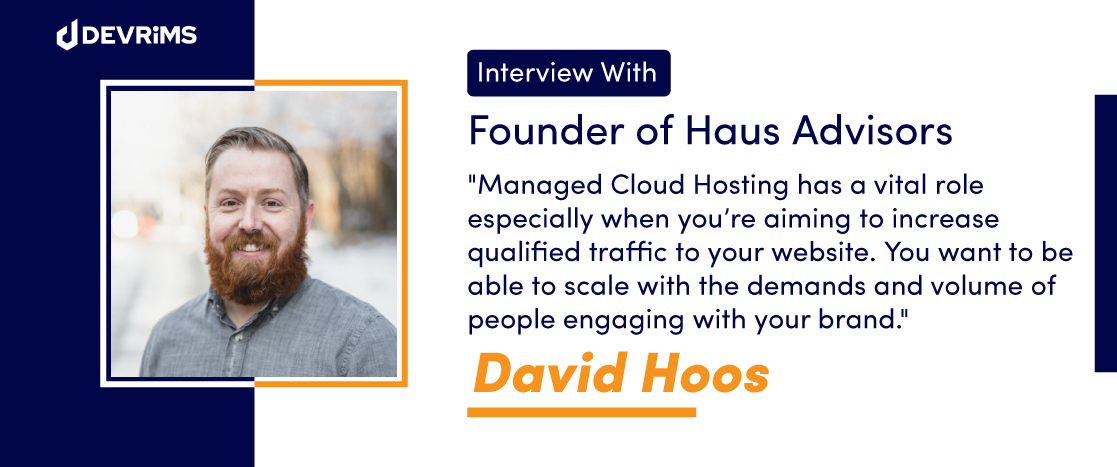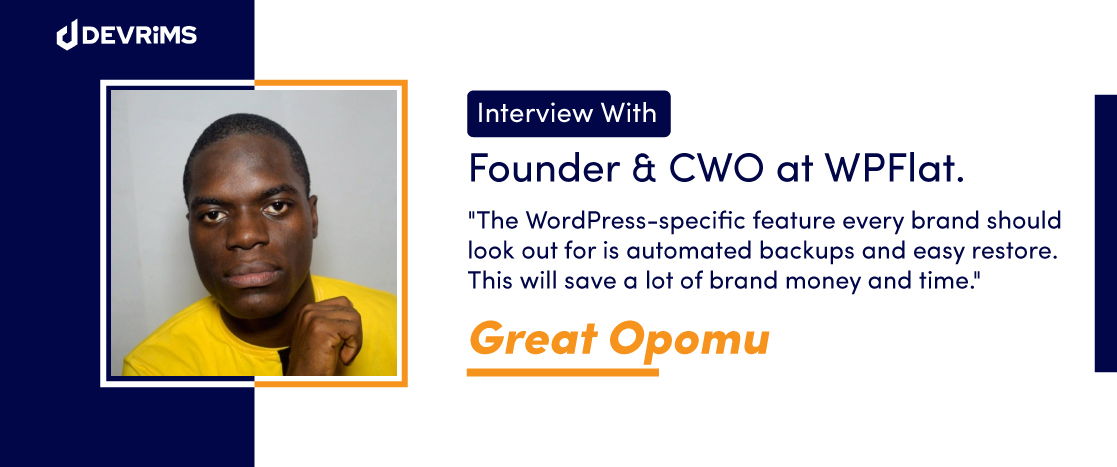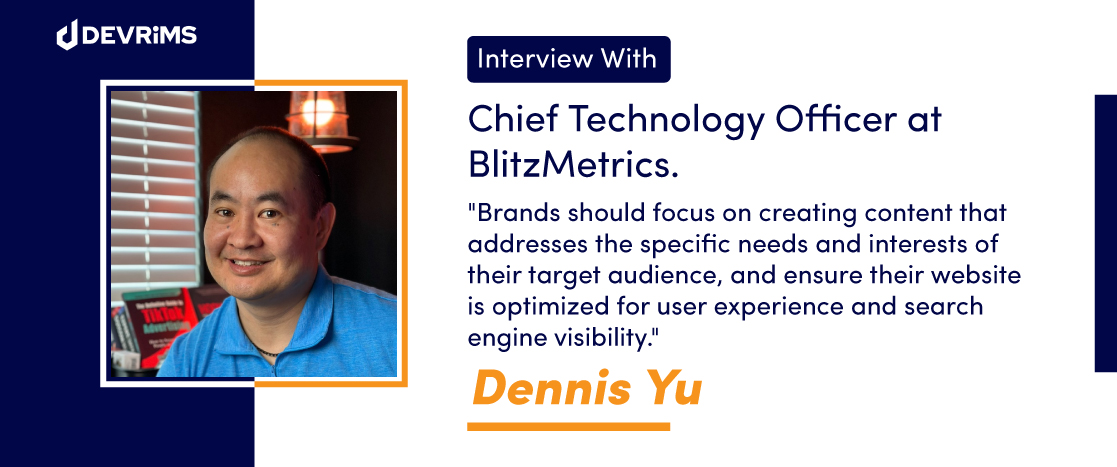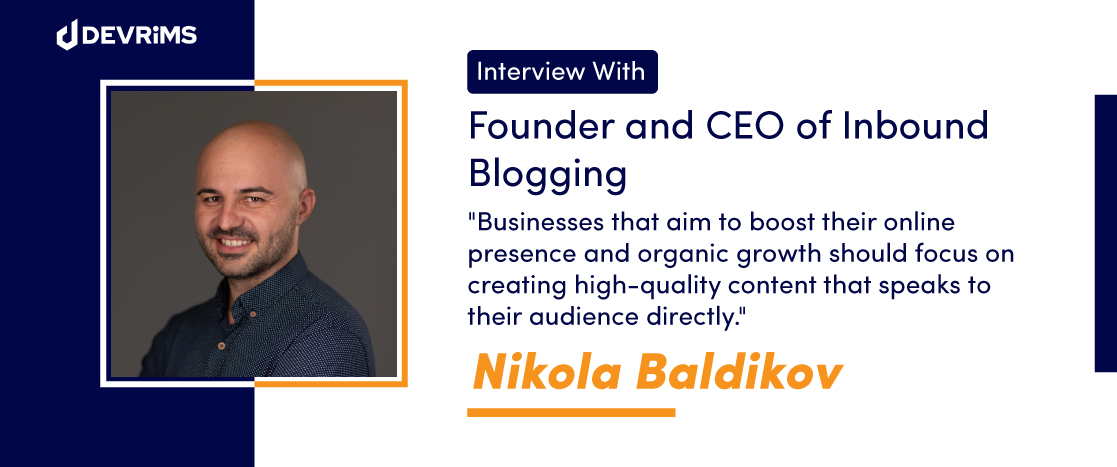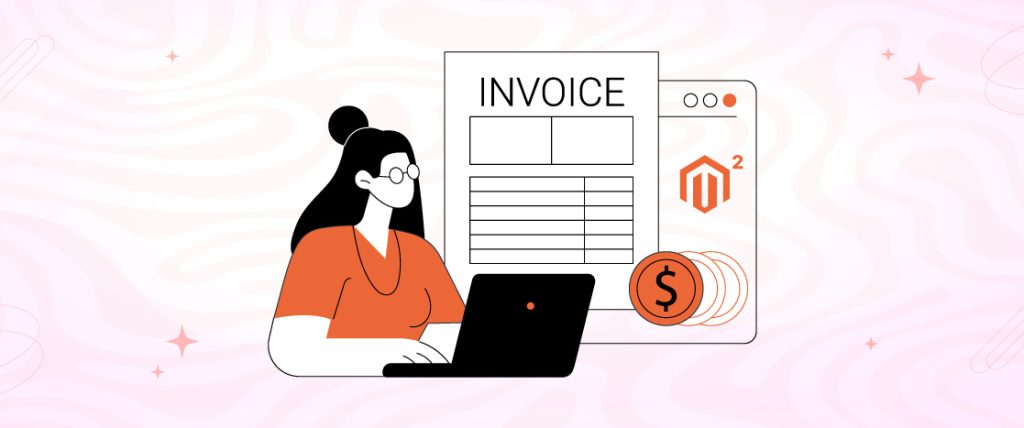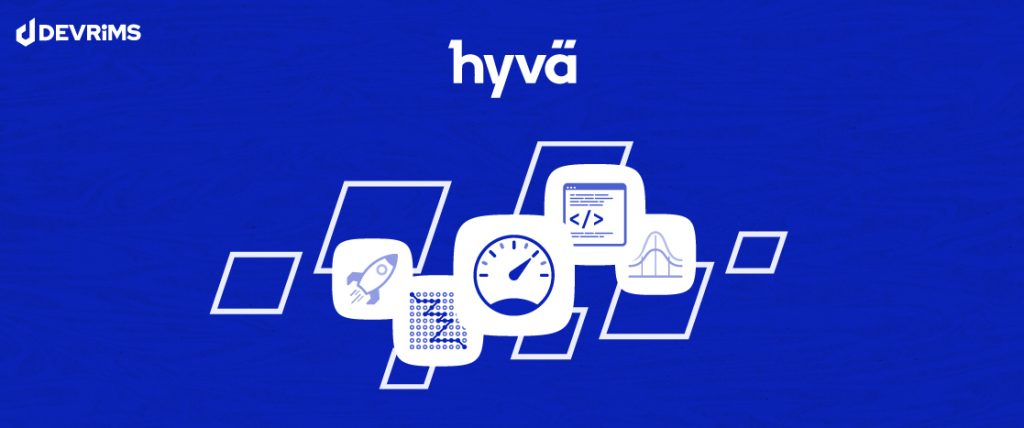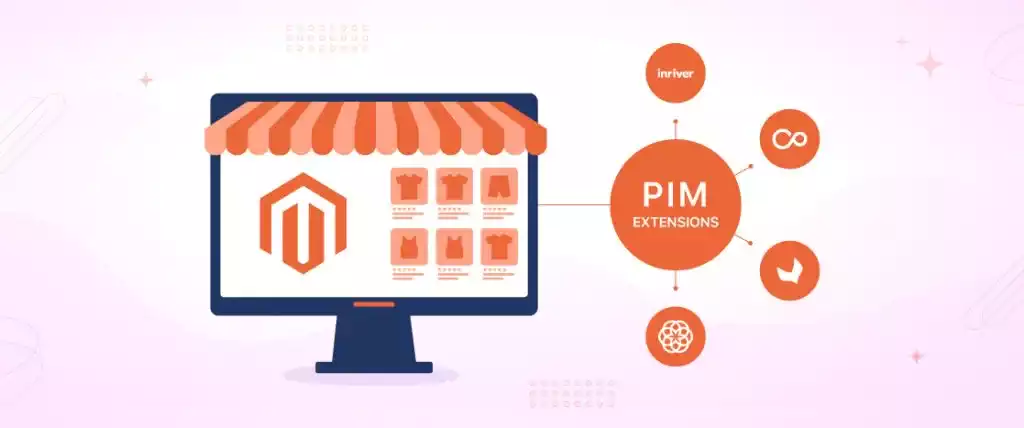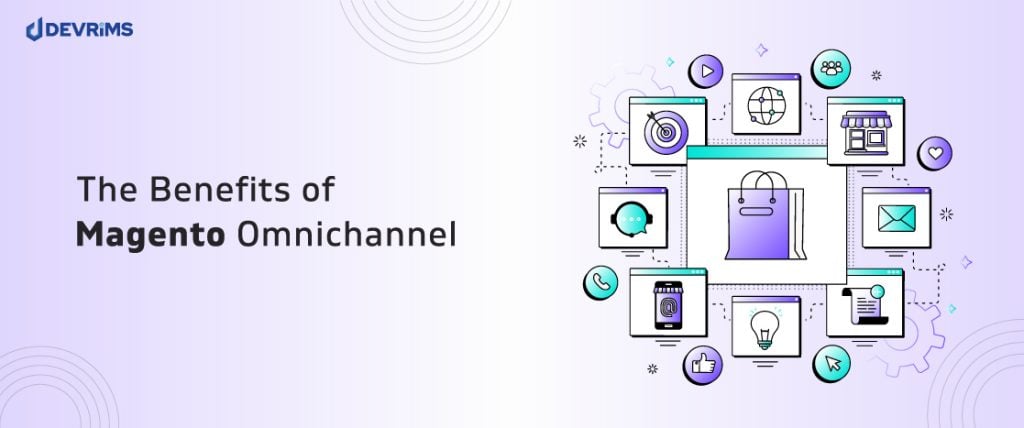In the fast-paced world of digital marketing, Molly Lopez stands out as a seasoned expert with a career that’s been nothing short of dynamic.
From her humble beginnings running Facebook ads during the platform’s infancy to founding Sparo, a thriving digital agency, Molly has navigated the ever-evolving landscape of marketing by keeping up with the times.
Her journey began while studying public relations and communications in college, where she dove headfirst into the world of digital marketing, igniting her passion for the field. Over the years, Molly honed her skills across various roles in PR, social media, SEO, and more, earning her the title of a “full-stack” marketer.
Driven by a vision to revolutionize the agency-client relationship, Molly founded Sparo with a mission to deliver “better marketing.” For her, this meant striking a balance between exceptional service to clients and fostering a supportive environment for her team. Sparo’s commitment to excellence is evident in its focus on three core digital services: Email & SMS marketing, Paid Digital, and Social Media.
With a client portfolio spanning from startups to Fortune 500 companies, Molly has gleaned invaluable insights into the nuances of digital marketing across different scales. She emphasizes the importance of tailored strategies, noting that while tactics may vary, the fundamentals remain constant.
Molly’s expertise extends beyond traditional marketing realms, delving into the realm of AI-driven advertising. She champions a data-centric approach, leveraging technology to optimize campaigns and drive tangible results for her clients.
As a fervent advocate for continuous learning and growth, Molly encourages aspiring marketers to gain experience at agencies, where they can immerse themselves in diverse projects and industries. Her journey exemplifies the transformative power of perseverance, innovation, and a relentless pursuit of excellence in the ever-evolving landscape of digital marketing.
Devrims: Hi Molly, it’s great to have you here with us today. How did you get started in digital marketing and some key roles and experiences that have shaped your career?
Molly: I started my career in digital marketing when I was about 20 years old and was studying public relations and communications in college. I actually ran Facebook ads the first year they were ever universally available to pages, in a campaign to generate ticket sales for a local film festival. From there, I went on to work in multiple roles both in house and at agencies spanning the disciplines of PR, social media, digital marketing, website management and SEO, and more. I would call myself a “full-stack” marketer–but my true love is performance digital marketing, and when I founded my agency in 2019, we went all-in on three primary digital services: Email & SMS marketing, Paid Digital, and Social Media.
Devrims: What originally inspired you to start Sparo as a “better marketing” digital agency? How do you define what “better marketing” means?
Molly: I worked for about five years at two different marketing agencies here in Miami, and through those experiences, really got to know the good, the bad, and the ugly of the marketing agency business. When I started my agency, I wanted to create a company that would be equally good to both its team and its clients–a balance that is hard to strike. I believed if we could do both of these things, the outcomes would be natural: better marketing. Better than the agency they had before. Better than trying to do it all themselves. Better than whatever their current situation was. We have found over the last five years that “Better” has manifested itself in three major ways for our clients specifically: better prices–more value for the same or less costs than big agencies; better outcomes–we are committed to excellence and work tirelessly until we reach success; and better customer services–we are extremely transparent and accessible and our clients love working with our friendly and knowledgable team.
Devrims: You have experience working with companies across many industries – from startups to Fortune 500 enterprises. What are some key differences in how larger vs. smaller companies approach digital marketing?
Molly: No matter the size of the company and the size of the budget, a lot of the tactics that we would employ are actually the same. The biggest differences come about in the scope of tactics we are able to activate, and also how experimental we can be with those tactics. For instance, for a small company with a small budget, we are usually going to focus on the lowest-hanging fruit, or the tactics that are the most essential for their initial success. Those tactics are normally those at the “bottom” of the funnel–the ones that are closest to the final buying or conversion activities. The more budget you have to work with, the further up that marketing funnel we can build. For instance, not just investing in lower-funnel activities but also able to expand your investment into middle and upper-funnel activities, which are going to take longer to generate ROI but in the grand scheme of things very important to getting path any growth plateaus the company might be experiencing. A bigger marketing budget also means more room to be experimental and test new channels, tactics, types of creative, campaigns, etc. With a small budget, every penny really matters and sometimes you have to stick with the tried and true simply because you don’t have the latitude or longitude to risk spending dollars on something that may take a while to optimize or perfect. With a bigger budget, you can expand to new tactics that might take longer to optimize or may have a higher risk of failure. The potential reward is greater, but you have to assume some risk to get there, and that’s oftentimes something that small businesses can’t do at the stage they are in.
Devrims: With your extensive experience in digital marketing, particularly in social media, SEM, SEO, and programmatic advertising, what key insights have you gained about effectively reaching and engaging audiences online?
Molly: We are really lucky to be living in the age of Ai–for the digital advertising industry, this is the biggest gamechanger we’ve seen since the rise of programmatic advertising. With AI-driven ad buying, the paradigm of how we reach and engage audiences is totally shifting. Much of targeting and strategy–be it paid or organic–used to be dependent on manual inputs and strategy from the marketer. Now, AI is doing the work of reading the content or advertisements and delivering them to the audience that it believes will respond the most favorably to that content–based on not the manual inputs of the advertiser, but the billions of data points that are informing its learning algorithm, in many instances, in real-time.
This means that as marketers in 2024 and beyond, we need to focus less on traditional, programmatic targeting tactics, and more on the quality of the creative and structure of the creative and content we are putting together. The signals from that creative–everything from the captions, to the voiceover, to the lighting, to the image contents, to the hashtags–are going to be parsed by AI in order to signal to the algorithm who is going to respond best to that specific piece of content. It’s almost like “let go and let god”–except our roles aren’t being replaced, just shifting from being masters of audience targeting to masters of creative and strategy.
Devrims: You mention being “obsessed with data” and “driven by innovation.” How do you leverage data and innovation to drive better marketing outcomes for your clients?
Molly: We are very much sticklers about tracking and creating clean streams of data–at least as clean as possible given the limitations of the technology and privacy policies that currently exist. Whether the campaign we are launching is for $500 or $50,000, we start by ensuring that our KPIs are clearly defined and will be easy to track using digital means (usually some combination of Google Analytics, Agency Analytics with API integration to other platforms, and WhatConverts). That way, we have the necessary information to make data-driven decisions about that campaign going forward. One of the worst ways digital performance marketers can make decisions is by saying things like “I feel like we need to do xyz” or “I never click on ads that have xyz,” or other anecdotal reasoning. In today’s era of digital transparency, there’s no need for that–the data should be the primary thing guiding our decisions. Because as much as our guts can be right–they can just as easily be wrong! I love it when our campaigns surprise us. Let the numbers lead the way.
Devrims: With your background in lead generation, email marketing, and performance marketing, how do you ensure that your clients achieve tangible results and ROI from their marketing efforts?
Molly: Going back to your last question, it all starts with good tracking and data. We never want our clients to have to “guess” at results. As much as possible, we want to show them factual data so they can draw a clear line between their investment, and how it impacted their business. If there’s no transparency and no tracking, that is always going to be a guessing game, and it can hurt both the client or the agency. It hurts the client to not know what’s working, because they may continue to spend money on a campaign or tactic that really isn’t generating any results, and it may hurt the agency because on the flip side, what they are doing might be totally right, but the credit is going to another department, team, or tactic and their work is diminished.
Devrims: Let’s do a quick rapid-fire round.
| Devrims | Molly |
| Books or Movies | Movies; I also love books too but watch Movies more than I read |
| Mountains or Beaches | Beaches! I live in Miami, afterall! |
| Tea or Coffee | The one is easy-Coffee 100% |
Devrims: What advice would you give to those interested in pursuing a career in digital marketing or starting their agency?
Molly: For those getting started in the industry, I highly recommend working at an agency for several years before starting your own company or working in-house. An agency is like a pressure-cooker of experience compared to more traditional, in-house marketing roles. You are exposed to multiple clients, often in multiple industries, multiple departments, personalities–it’s hard, but it’s rewarding because you condense so many different types of experiences into one role or stint. Working at an agency, you’ll learn what kind of role you like, what kind of clients or industries you like to work with, and so much more. From working at an agency, you can really go anywhere and do anything. It’s the best launchpad if you’re looking to keep your options open. The downside of course is that agency life can be brutal. It’s long hours, high-pressure, and decidedly more difficult than working in-house.
Devrims: Could you share your insights on the importance of managed cloud hosting for businesses, especially in the context of digital marketing?
Molly: For most business owners, it’s impossible to be a master of every single craft. That’s why we recommend that growing businesses take seriously the need for the right partners, whether that be a good CPA team, legal team, digital marketing agency, or IT services provider.
There are so many security threats in today’s landscape when it comes to data privacy and data management–and the consequences of a breach or data mishap are not just the immediate ramifications of losing or mishandling your own or a client’s data. Often times, these situations can lead to serious lawsuits and severe penalties.
Therefore, in the long run, it is best to trust the management of your company’s sensitive information to a third-party company who is going to not only be able to offer you better security and solutions than you could manage or orchestrate in-house, but also assume some of the liability and risk for you as well.
Devrims: Can you share a glimpse of your workspace or office setup?
Molly: Sure! We have a small office in the heart of Miami’s Coconut Grove neighborhood. Our team is hybrid, so we use the office twice a week (although I go in almost every day).
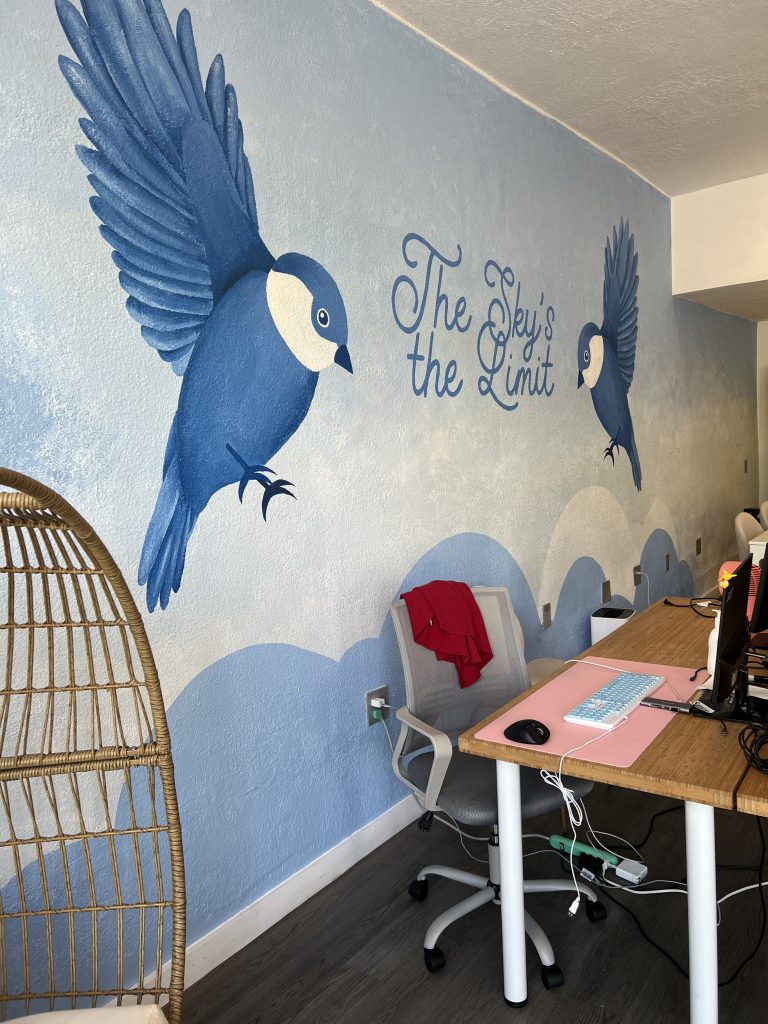
Devrims: Who are three individuals you would recommend interviewing next for their valuable insights and expertise in the digital marketing field?
Molly: Karlene Scarlett, Rebecca Shank, and Jake Zufelt.




